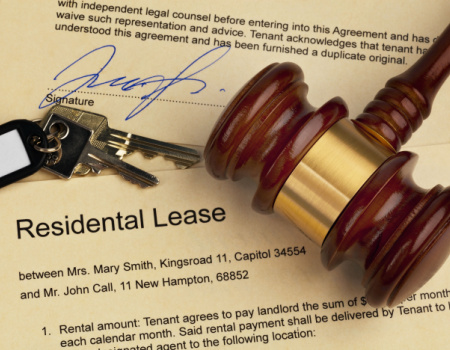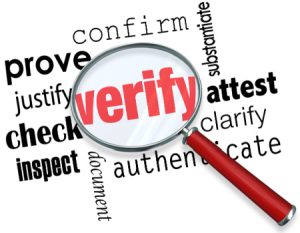If you’re a landlord in Las Vegas, it’s important to understand the legal requirements for renting out your property. Not only will this help you avoid any potential legal troubles, but it will also ensure that you are providing your tenants with a safe and comfortable living space. Also, we will cover the important laws and regulations that landlords must abide by.
Landlord-Tenant Laws in Las Vegas
The state of Nevada has specific landlord-tenant laws that must be adhered to by landlords. These laws cover a large range of issues, including lease agreements, rent collection, security deposits, and eviction procedures. Below are some of the most important laws that landlords should be aware of:
Lease Agreements: A lease agreement is a legally binding contract between the landlord and tenant that outlines the terms and conditions of the rental. In Las Vegas, lease agreements must include the following information:
- The names of all tenants who will be living in the property.
- The address of the rental property.
- The amount of rent and when it is due.
- The length of the lease.
- The security deposit amount and terms for its return.
- Any other rules or regulations that the tenant must abide by.
Rent Collection: In Nevada, landlords are allowed to set their own rent prices and collection methods. However, they must provide tenants with at least 45 days’ notice before increasing the rent.
Security Deposits: Landlords in Las Vegas are allowed to require a security deposit from tenants, but the amount cannot exceed three months’ rent. The landlord must also provide the tenant with a written receipt for the security deposit, and they must return the deposit within 30 days of the tenant moving out.
Eviction Procedures: If a tenant violates the signed lease agreement, the landlord can decide to evict them. However, landlords must follow specific procedures when evicting a tenant, including providing them with a written notice of the violation and giving them an opportunity to correct the issue.
Building and Safety Codes
In addition to following landlord-tenant laws, landlords in Las Vegas must also adhere to building and safety codes. These codes are in place to ensure that rental properties are safe and habitable for tenants. Below are some of the most common building and safety codes that landlords must follow:
- Smoke Detectors: All rental properties in Nevada must have smoke detectors installed in every bedroom, or near every bedroom and on every level of the property. It is the landlord’s responsibility to ensure that the smoke detectors are in working order and that the batteries are replaced regularly.
- Carbon Monoxide Detectors: landlords must also install carbon monoxide detectors in any rental property that has a gas appliance, fireplace, or attached garage.
- Electrical Wiring: Landlords must ensure that all electrical wiring in their rental property is up to code and in safe working condition.
- Plumbing: All plumbing fixtures in a rental property must be in good working order, and landlords must ensure that there are no leaks or clogs.
- Heating and Cooling: Landlords must provide tenants with a safe and functional heating and cooling system that is capable of maintaining a comfortable temperature in the rental property.
References and Laws
It’s important for landlords to stay informed about the laws and regulations that apply to Las Vegas rentals. Below are some useful references and laws that landlords should be familiar with:
- Nevada Revised Statutes Chapter 118: This chapter covers landlord-tenant laws in Nevada, including lease agreements, rent collection, security deposits, and eviction procedures.
- Clark County Building and Fire Codes: These codes outline the building and safety requirements for rental properties in Clark County, including Las Vegas.
- Las Vegas Municipal Code: This code covers various regulations that apply to rental properties in Las Vegas, including zoning requirements, noise ordinances, and building and safety codes.
In Conclusion
As a landlord in Las Vegas, it’s important to understand the legal requirements for renting out your property if you plan on managing it yourself. By following landlord-tenant laws and building and safety codes, you can ensure that your rental property is safe and comfortable for your tenants. If you have any questions or concerns about the legal requirements for Las Vegas rentals, it’s always a good idea to consult with a qualified attorney or property management company such as us here at The Rental Lister.
We have been helping Las Vegas residents manage their properties for over 25 years now. One of the major benefits of hiring a Las Vegas Property Manager is that you wont have to worry about adhering to any of the legal requirements for Las Vegas rentals, because we will do it for you.
We are so sure that you will be happy with our service that we offer it completely risk free. Take a look at our guarantees, to see what we are talking about, then call us today!




